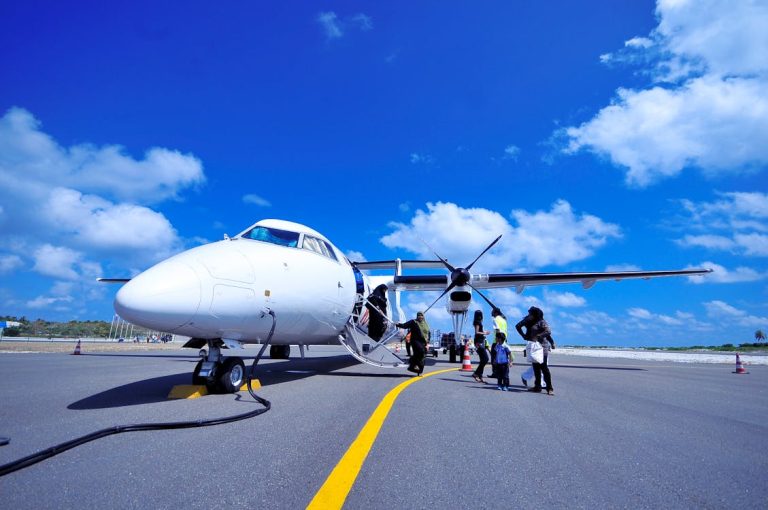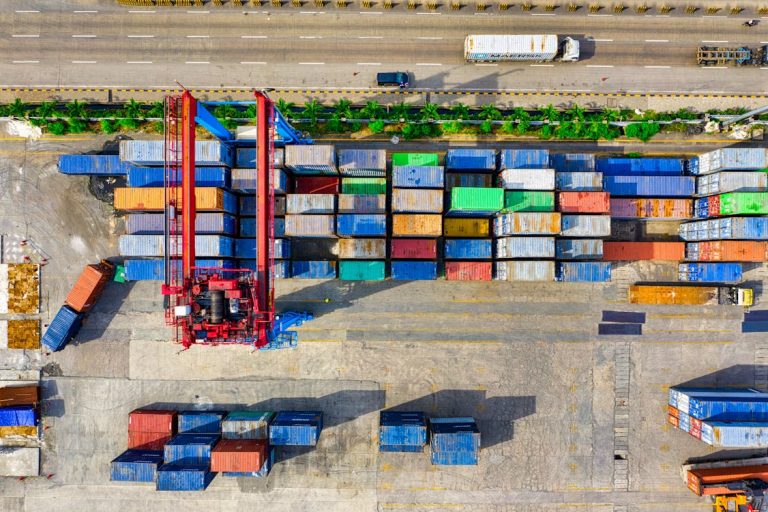Marsa El Brega, a hidden gem on Libya’s northern coast, uniquely blends natural beauty with industrial power. This coastal town is rich in history and strategic importance, seamlessly merging the tranquility of the Mediterranean with the energy of a thriving oil industry. From picturesque beaches to its bustling oil refinery, Marsa El Brega offers a compelling look at a destination that is both serene and economically vital.
Beyond its industrial significance, Marsa El Brega captivates with its stunning coastal views and vibrant community. It stands as a symbol of Libya’s resilience and potential, inviting exploration of its fascinating past and promising future.
Table of Contents
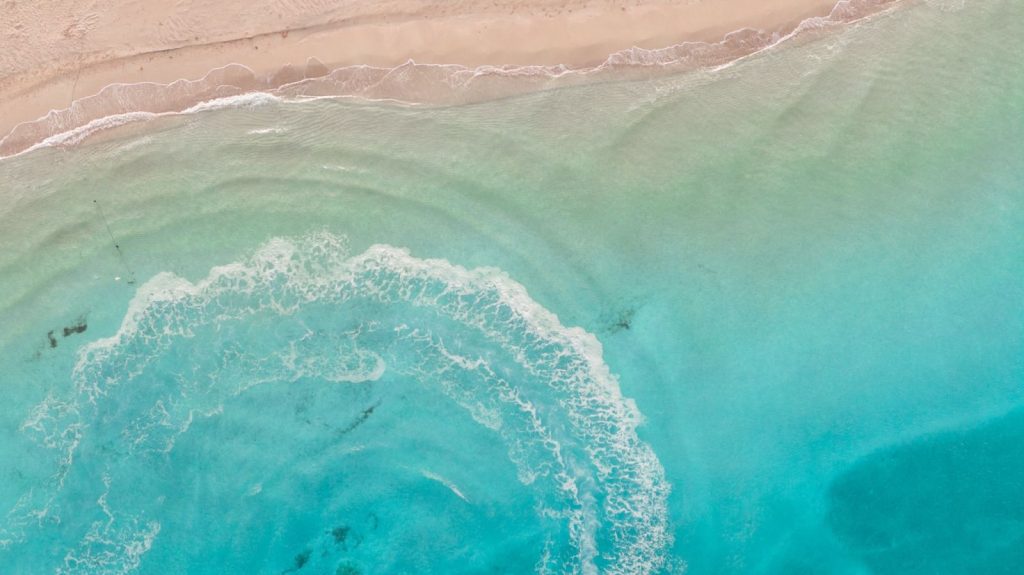
Overview Of Marsa El Brega
Marsa El Brega, located in Libya’s Gulf of Sidra, serves as a key industrial hub. Established in the 1960s, the town rose in prominence due to its oil refinery established by Esso. As the first significant oil port in Libya, Marsa El Brega plays a pivotal role in the country’s petroleum exports. The refinery, operated by Sirte Oil Company, processes significant volumes of crude oil annually, contributing substantially to Libya’s economy.
Despite its industrial prowess, Marsa El Brega offers stunning natural landscapes. Visitors can experience the contrast between the bustling port and serene beaches. The town combines modernity with nature, attracting both business travellers and tourists. Its coastal views and warm climate provide a perfect retreat after a day exploring the industrial sites.
Infrastructure developments support both the industrial and residential areas. Facilities, including schools, healthcare centres, and housing, ensure a high quality of life for residents. The airport and well-maintained roads connect Marsa El Brega to major Libyan cities, enhancing trade and travel.
Marsa El Brega, a dynamic blend of industry and nature, continues to be a cornerstone of Libya’s economic landscape. The striking juxtaposition of its operational infrastructure and natural beauty makes it a fascinating destination.
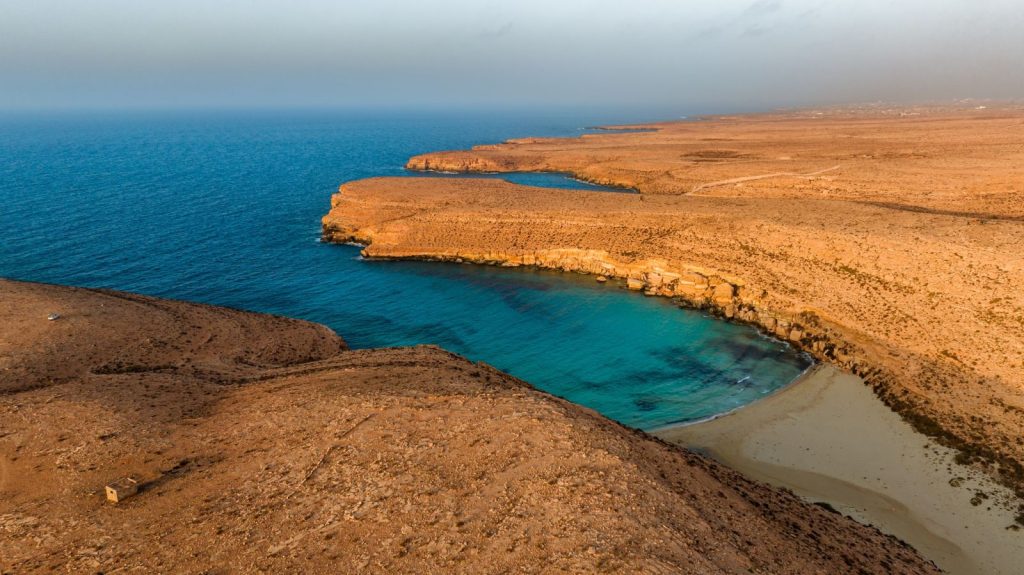
Historical Significance
Marsa El Brega holds a unique place in Libyan history due to its strategic location and industrial growth. Its development has significantly impacted the country’s economic trajectory.
Founding And Development
Originally a small fishing village, Marsa El Brega transformed in the mid-20th century. In the 1960s, Esso initiated oil explorations, leading to the establishment of Libya’s first oil refinery. This development attracted national and international attention, marking the town as a central hub for oil exportation. Infrastructure expansion followed, boosting local economy and enhancing living standards.
Key Historical Events
Several pivotal moments have shaped Marsa El Brega’s legacy. The completion of the oil refinery in 1963 marked a turning point, positioning the town as a vital export route for Libyan oil. During the Libyan Civil War (2011), Marsa El Brega gained attention due to its strategic importance, witnessing significant military engagements. These events underscored its critical role in national and geopolitical contexts.
Geographical Location And Climate
Marsa El Brega is nestled along the Mediterranean coast in Libya. Its strategic position blends with diverse environmental features and distinct weather patterns that shape its identity.
Environmental Features
Marsa El Brega sits on a remarkable coastal plain where the Sahara Desert’s fringes meet the Mediterranean shores. This unique transition zone supports sparse vegetation typical of arid climates, with hardy shrubs and small trees dotting the landscape. Along the coast, sandy beaches stretch into inviting azure waters, providing stunning natural vistas. The town’s natural harbour serves as both a picturesque landmark and a functional asset supporting its industrial activities.
Weather Patterns
The climate in Marsa El Brega is characterised by a hot desert climate, defined by its dry, sunny environment. Summer temperatures frequently soar above 30°C, with minimal rainfall occurring mainly in the winter months. These mild winter temperatures rarely drop below 10°C, creating a relatively stable climate year-round. The combination of low humidity and consistent sunshine accentuates the coastal beauty, enticing both residents and visitors to enjoy the outdoors. This predictable weather pattern supports the town’s continuous industrial and commercial operations without significant weather-related disruptions.
Economic Importance
Marsa El Brega’s economy largely relies on its robust oil and gas sector, with this industry underpinning much of the town’s financial viability and growth.
Oil and Gas Industry
The oil and gas industry in Marsa El Brega forms the backbone of its economic structure. The town’s oil refinery, established in the 1960s by Esso and currently managed by the Sirte Oil Company, is a critical asset. This facility processes significant volumes of crude oil, positioning Marsa El Brega as a fundamental hub in Libya’s petroleum export network. By facilitating the extraction, refining, and shipping of oil, this industry generates substantial revenue and employment, contributing to both local prosperity and the broader national economy. The strategic location of Marsa El Brega near extensive oil fields further enhances its importance in this sector.
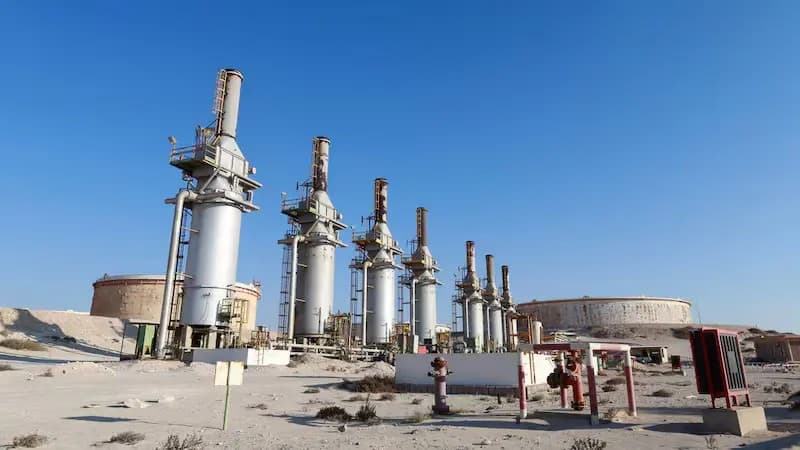
Other Economic Activities
Beyond oil and gas, Marsa El Brega’s economy includes a range of supporting industries. Infrastructure developments such as transportation services, maintenance facilities, and housing projects have fostered secondary economic growth. The town’s geographic position along the Mediterranean also offers potential in maritime activities, though they remain underdeveloped compared to the dominant oil sector. Despite the focus on petroleum, the town benefits from a diverse workforce involved in education, healthcare, and trade. These sectors support a stable population and enhance the community’s quality of life, demonstrating Marsa El Brega’s wider economic framework beyond its principal industry.
Cultural And Social Aspects
Marsa El Brega presents a rich tapestry of cultural and social dimensions, deeply rooted in Libyan traditions. This coastal town balances traditional customs with the influences of its strategic and industrial growth.
Local Traditions
Residents of Marsa El Brega take pride in their cultural heritage, which blends Bedouin customs with coastal traditions. Traditional music, such as Bedouin folk songs, often accompanies social gatherings, offering a glimpse into the town’s vibrant cultural life. Celebrations such as weddings and national holidays often feature traditional dances and attire, showcasing the unique fusion of past and present influences.
Community Life
The community in Marsa El Brega thrives amid its industrial backdrop, maintaining a tight-knit social fabric. Community events and gatherings play central roles in everyday life, with residents frequently participating in cultural exhibitions and festivals. Infrastructure development, including schools and healthcare centres, not only supports economic growth but also enhances the quality of life, fostering a harmonious community environment. Facilities like public parks and community centres offer spaces for social interaction, enriching the residents’ daily experiences.
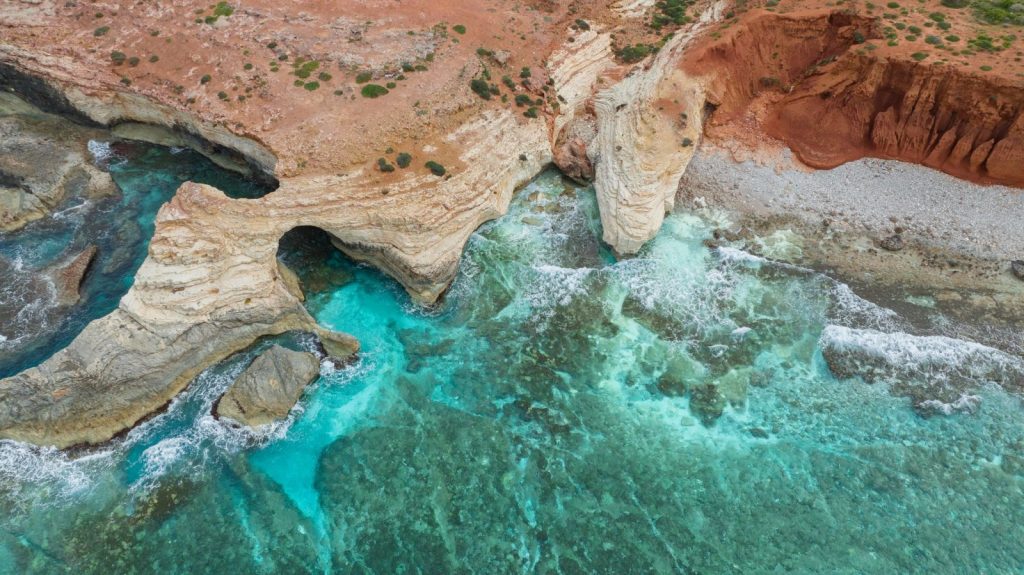
Travelling To Marsa El Brega
Marsa El Brega, with its blend of industry and natural beauty, attracts both business and leisure travellers. Reaching this coastal gem requires knowledge of available transportation and local facilities.
Transportation Options
Transportation enhances Marsa El Brega’s accessibility, connecting it to major Libyan cities. Sabha Airport, located nearby, offers flights from Tripoli and Benghazi, providing a key entry point for international visitors. Upon arrival, taxis and car rentals facilitate convenient travel around town. Highways link Marsa El Brega with Benghazi and other cities, accommodating both personal vehicles and buses. For those arriving by sea, the natural harbour provides docking facilities, although commercial maritime routes focus on industrial cargo.
Accommodation And Facilities
Accommodation in Marsa El Brega ranges from hotels catering to business travellers to smaller inns for tourists. These facilities offer essential amenities such as internet access and dining services. Hotels often include conference rooms, supporting the influx of industry professionals. Several guesthouses and rental apartments accommodate tourists seeking longer stays. Community facilities like restaurants, banks, and medical centres are readily available, ensuring a comfortable stay. The town’s infrastructure supports a stable lifestyle for both residents and visitors, harmonising modern convenience with the tranquil coastal environment.

Conclusion
Marsa El Brega exemplifies Libya’s blend of industrial strength and natural beauty. As a key oil hub, it drives economic growth while offering breathtaking Mediterranean scenery. This unique coastal town continues to play a pivotal role in Libya’s development, balancing progress with its cultural heritage.
Whether for business or leisure, Marsa El Brega is a destination of contrasts and opportunities. It remains a cornerstone of Libya’s economic landscape and a captivating symbol of the country’s enduring appeal and potential.
